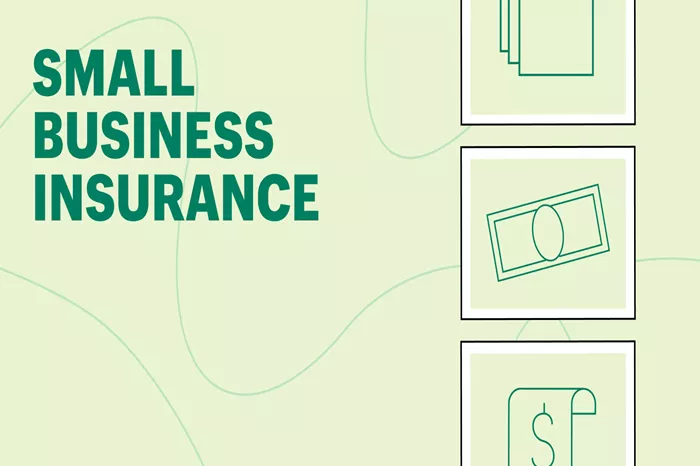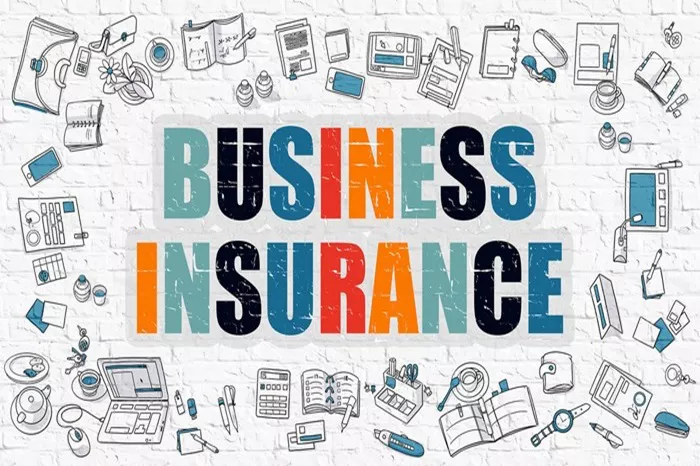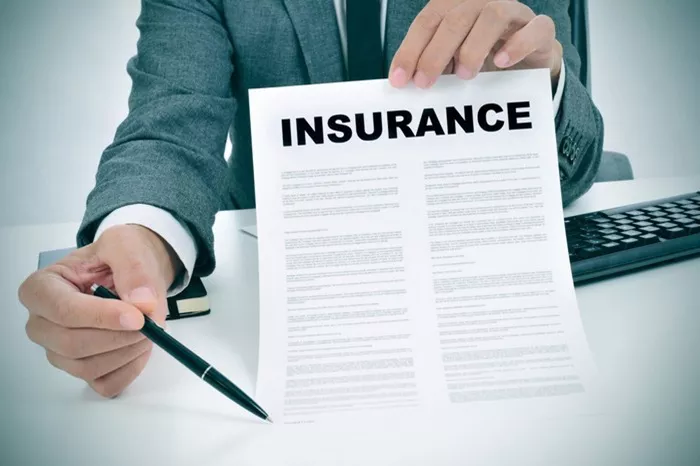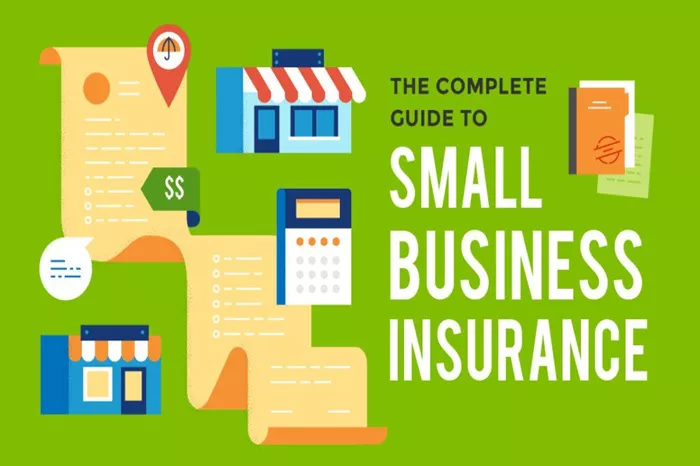Small business insurance is a crucial aspect of managing and protecting a business. Understanding how it works can help business owners make informed decisions about coverage and risk management. This article will explore the various facets of small business insurance, including types of coverage, how policies are structured, and key considerations for business owners.
Introduction to Small Business Insurance
Small business insurance is designed to provide protection against potential risks and losses that can impact a business. These risks can range from property damage and liability claims to employee injuries and business interruption. Having the right insurance coverage is essential for safeguarding the financial health of a small business and ensuring its long-term success.
Types of Small Business Insurance
General Liability Insurance
General liability insurance covers claims of bodily injury, property damage, and personal injury (such as slander or libel) that occur as a result of business operations. This type of insurance is fundamental for protecting a business from lawsuits and significant financial losses.
Commercial Property Insurance
Commercial property insurance protects the physical assets of a business, including buildings, equipment, inventory, and furniture. It covers losses due to fire, theft, vandalism, and certain natural disasters. This insurance ensures that a business can recover and continue operations after a damaging event.
Business Interruption Insurance
Business interruption insurance, also known as business income insurance, compensates a business for lost income and operating expenses if it is forced to shut down temporarily due to a covered event. This type of insurance is vital for maintaining cash flow and covering expenses such as payroll and rent during a period of disruption.
Professional Liability Insurance
Professional liability insurance, also known as errors and omissions (E&O) insurance, protects businesses that provide professional services or advice. It covers claims of negligence, errors, or omissions that result in financial losses for clients. This insurance is particularly important for service-based industries like consulting, accounting, and legal services.
Workers’ Compensation Insurance
Workers’ compensation insurance provides benefits to employees who suffer work-related injuries or illnesses. It covers medical expenses, lost wages, and rehabilitation costs. In most states, workers’ compensation insurance is mandatory for businesses with employees.
Commercial Auto Insurance
Commercial auto insurance covers vehicles used for business purposes. It provides protection against accidents, property damage, and liability claims. This insurance is essential for businesses that rely on vehicles for operations, such as delivery services or transportation companies.
Understanding Policy Structure
Insurance Premiums
The insurance premium is the amount a business pays for coverage. Premiums can be paid monthly, quarterly, or annually. The cost of premiums depends on various factors, including the type of coverage, the size of the business, the industry, and the level of risk.
Policy Limits
Policy limits refer to the maximum amount an insurance company will pay for a covered claim. Policies can have per-occurrence limits (the maximum payout for a single event) and aggregate limits (the maximum payout for all claims during the policy period). Business owners should carefully review and understand their policy limits to ensure adequate coverage.
Deductibles
A deductible is the amount a business must pay out-of-pocket before the insurance coverage kicks in. Higher deductibles generally result in lower premiums, but they also mean higher out-of-pocket costs in the event of a claim. Choosing the right deductible is a balance between affordability and risk tolerance.
Exclusions and Endorsements
Insurance policies often include exclusions, which are specific situations or events that are not covered. Business owners should be aware of these exclusions to avoid surprises when filing a claim. Endorsements, or riders, are additional provisions that can be added to a policy to expand or modify coverage. These can be useful for tailoring a policy to meet specific needs.
Key Considerations for Business Owners
Assessing Risks
Business owners should conduct a thorough risk assessment to identify potential threats and vulnerabilities. Understanding the specific risks associated with their industry and operations helps in selecting the appropriate coverage and limits.
See Also: What Small Business Insurance Do I Need?
Choosing the Right Coverage
Selecting the right coverage involves evaluating the types of risks a business faces and determining the necessary protection. Business owners should work with an experienced insurance agent or broker to customize a policy that meets their unique needs.
Compliance with Legal Requirements
Many types of business insurance, such as workers’ compensation and commercial auto insurance, are legally required in most states. Business owners must ensure they comply with all relevant regulations to avoid fines and legal issues.
Regularly Reviewing and Updating Policies
Business needs and risks can change over time. It’s important for business owners to regularly review their insurance policies and make necessary updates to maintain adequate coverage. This includes adjusting coverage limits, adding new endorsements, and reassessing risks.
The Role of Insurance Agents and Brokers
Finding the Right Agent or Broker
An experienced insurance agent or broker can provide valuable guidance in selecting and managing business insurance. They can help business owners understand their options, compare policies, and find the best coverage at competitive rates. It’s important to choose a reputable and knowledgeable professional who understands the specific needs of the business.
The Claims Process
Filing a Claim
When a loss occurs, business owners need to file a claim with their insurance company. The claims process typically involves notifying the insurer, providing documentation of the loss, and cooperating with any investigations. Prompt and accurate reporting is crucial for a smooth claims process.
Claims Investigation and Settlement
The insurance company will investigate the claim to determine its validity and the extent of the coverage. This may involve reviewing documentation, inspecting damaged property, and interviewing witnesses. Once the investigation is complete, the insurer will offer a settlement based on the policy terms and the assessed value of the loss.
Dispute Resolution
If a business owner disagrees with the insurer’s settlement offer, there are options for dispute resolution. This can include negotiation, mediation, or arbitration. In some cases, legal action may be necessary to resolve the dispute. Understanding the policy’s dispute resolution process is important for protecting the business’s interests.
Specialized Insurance Coverage
Cyber Liability Insurance
Cyber liability insurance protects businesses against losses resulting from cyberattacks, data breaches, and other cyber incidents. This coverage can include costs related to data recovery, legal fees, notification expenses, and public relations efforts. With the increasing prevalence of cyber threats, this insurance is becoming essential for many businesses.
Employment Practices Liability Insurance (EPLI)
EPLI covers claims related to employment practices, such as wrongful termination, discrimination, harassment, and retaliation. This insurance is important for protecting businesses from costly lawsuits and reputational damage arising from employment disputes.
Directors and Officers (D&O) Insurance
D&O insurance provides coverage for the personal liability of directors and officers for decisions made on behalf of the company. This insurance protects against claims of mismanagement, breach of fiduciary duty, and other allegations. It’s crucial for businesses with a board of directors or executive leadership team.
Product Liability Insurance
Product liability insurance covers claims related to injuries or damages caused by products sold or manufactured by a business. This insurance is essential for businesses involved in producing or distributing goods, as it protects against costly litigation and potential recalls.
Environmental Liability Insurance
Environmental liability insurance covers losses and damages resulting from pollution or environmental hazards. This insurance is important for businesses involved in industries such as manufacturing, construction, and waste management, where environmental risks are prevalent.
Bundling Insurance Policies
Business Owner’s Policy (BOP)
A Business Owner’s Policy (BOP) combines several types of insurance coverage into a single package. Typically, a BOP includes general liability, commercial property, and business interruption insurance. Bundling these coverages can simplify policy management and often results in cost savings for small businesses.
Customizing a BOP
While a standard BOP offers comprehensive coverage, businesses can customize the policy by adding endorsements or additional coverages. This allows business owners to tailor the policy to meet their specific needs, ensuring comprehensive protection.
Cost-Saving Strategies
Risk Management and Loss Prevention
Implementing effective risk management and loss prevention strategies can help reduce insurance costs. This includes measures such as employee training, safety protocols, regular maintenance, and security systems. Insurance companies often offer discounts for businesses that demonstrate a commitment to reducing risks.
Comparing Quotes
Business owners should compare quotes from multiple insurance providers to ensure they are getting the best coverage at a competitive price. Working with an insurance broker can facilitate this process, as brokers have access to multiple insurers and can negotiate on behalf of the business.
Maintaining a Good Claims History
A history of few or no claims can result in lower insurance premiums. Business owners should prioritize safety and risk management to avoid frequent claims. This not only reduces costs but also improves the business’s overall risk profile.
Conclusion
Small business insurance is a critical component of risk management and financial protection. Understanding how it works, the types of coverage available, and key considerations for selecting and managing policies can help business owners make informed decisions. By working with experienced insurance professionals and implementing effective risk management strategies, small businesses can secure the coverage they need to thrive and succeed.
Regularly reviewing and updating insurance policies, staying compliant with legal requirements, and considering specialized coverage options are essential steps in maintaining comprehensive protection. With the right insurance in place, small business owners can focus on growth and innovation, confident in their ability to navigate potential challenges and uncertainties.






















